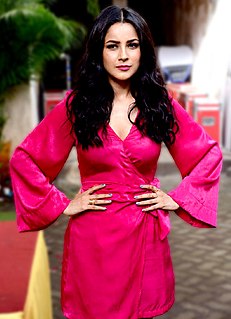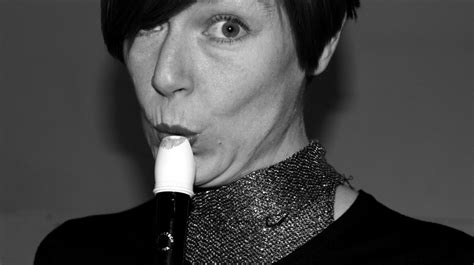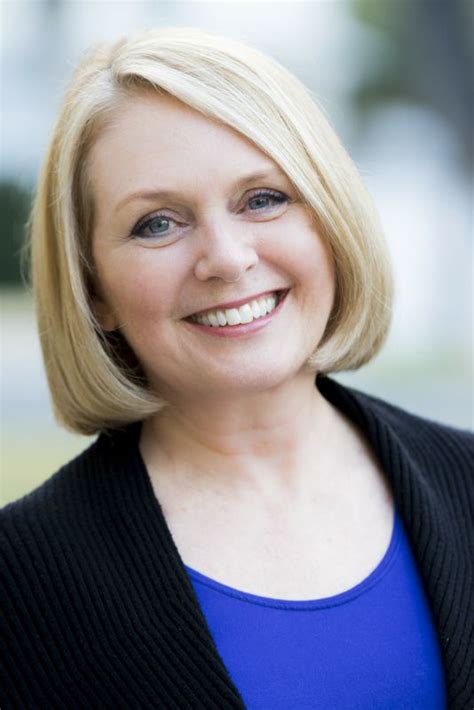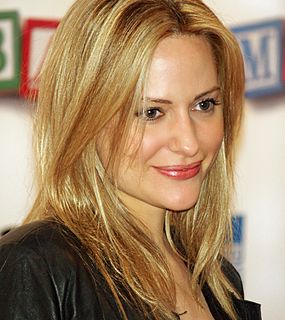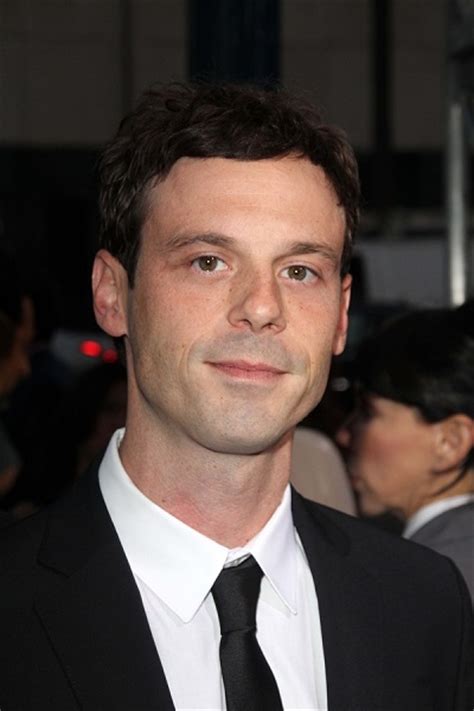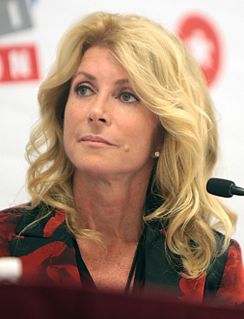A Quote by Amanda Gorman
When you are learning through poetry how to speak English, it lends to a great understanding of sound, of pitch, of pronunciation, so I think of my speech impediment not as a weakness or a disability, but as one of my greatest strengths.
Related Quotes
English has always been my musical language. When I started writing songs when I was 13 or 14, I started writing in English because it's the language in between. I speak Finnish, I speak French, so I'll write songs in English because that's the music I listen to. I learned so much poetry and the poetic way of expressing myself is in English.
I think that speaking is the most important thing we can do, but let's talk about what it means to speak effectively. We can talk in an echo chamber to our friends on social media and otherwise - and that's important, that's how we encourage and educate one another.But speech that leads to action is critical. And it doesn't sound very sexy, but one of the most important ways to speak in a way that makes an impact is to vote. Speaking at the ballot box is the most important place that we speak.
I think of myself primarily as a reader, then also a writer, but that's more or less irrelevant. I think I'm a good reader, I'm a good reader in many languages, especially in English, since poetry came to me through the English language, initially through my father's love of Swinburn, of Tennyson, and also of Keats, Shelley and so on - not through my native tongue, not through Spanish. It came to me as a kind of spell. I didn't understand it, but I felt it.


